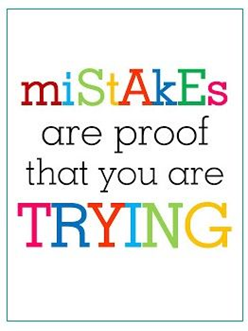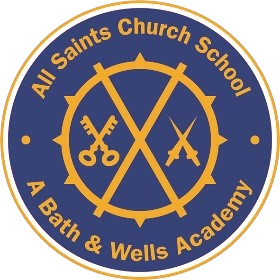DT
Design and Technology
At All Saints Church School, we aim to engage, inspire and challenge all pupils, whilst equipping them with the knowledge and skills to experiment and design products that solve real and relevant problems. At All Saints Church, we recognise that Design and Technology can develop a range of skills. As a result, we strive to ensure that our curriculum will encourage all pupils to be creative and reflective learners who have a ‘can do’, resilient attitude, which we believe will contribute to a positive learning culture giving children important life-long skills which they can carry into later life.
Our scheme of work is designed to develop a range of Design and Technology skills over the course of KS1 and KS2 including mechanisms, structures, electrical systems, textiles and foods. Our Design and Technology lessons give children the opportunity to; investigate existing products, create designs, practise new skills, make a product and evaluate what they have made. Our pupils learn to select from and use a wide range of materials and components, including construction materials, textiles and ingredients, according to their characteristics.
How we teach DT
The two strands of study in DT, as stated by the National Curriculum, are designing & making and cooking & nutrition.
The key concepts of designing & making are taught through:
- Structures
- Mechanisms and Mechanical systems
- Textiles
- Electrical systems
The key concepts of cooking & nutrition are:
-preparing fruit & vegetables
-healthy & varied diet
-celebrating culture & seasonality
In order to offer an enriched and progressive DT experience in our school which covers these concepts, we have allocated to each year group 3 DT units:
- Structures and Mechanisms
- Cooking and Nutrition
- Textiles
These units are taught termly through sequential lessons or in a blocked session. The units are progressive across both KS1 and KS2 and ensure that each aspect of D&T enable prior learning and skills to be built upon.
Each unit follows the same plan, which is broken down into 4 parts (investigate, design, make and evaluate).
Investigate- based on the design brief, what products are already available that are relevant to our unit. Practise skills that will be required during the making of our own product.
Design-design purposeful, functional, appealing products based on design criteria.
Make-select and use a range of tools and equipment to perform practical tasks based on previous designs.
Evaluate-evaluate their ideas and products based on the design criteria.
This allows the children to become familiar with the structure of DT lessons easily and recognise the importance of each aspect of the unit.
Key vocabulary for each unit is carefully considered and planned for. All staff delivering these lessons recognise not only the importance of children understanding and using this vocabulary correctly during the lessons, but that the children are able recall vocabulary and meaning from previously taught units.
STEAM - The National Curriculum states that, ‘Design and technology is an inspiring, rigorous and practical subject’, which enables pupils to draw on disciplines such as mathematics, science, engineering, computing and art.
At All Saints we support this statement through STEAM. STEAM supports our DT and science curriculum and is interwoven with our topics. Through this approach, we encourage our children to be confident to ask questions, take risks and to not be afraid of failure, but instead view it as an opportunity to learn.


Just like the DT process, STEAM encourages children to ask questions, share ideas, imagine and plan a product and then make one! Children then evaluate their own designs and suggest improvements.
By providing inspiring learning opportunities, we ensure that our children are resilient, confident, life-long learners who will continue to explore the world around them, way beyond their time at primary school. To help them identify and retain the key information in each unit of work, we provide children with a knowledge organiser. These can be referred to in lessons, and they also act as a tool to support children in retaining and retaining knowledge for lifelong learning.
EYFS - Young children are naturally curious and passionate about learning. At All Saints, we provide a stimulating EYFS curriculum that nurtures children’s natural curiosity and their ongoing knowledge and understanding of the world around them. Through hands-on, enquiry-based activities, children will experience the joy of learning ‘how’ and ‘why’. We seek to promote this open-mindedness and further develop their enquiring minds, so they eventually become independent learners. We believe in equality of access and aim to unlock pupils’ potential for future life choices.
EXTRA-CURRICULAR - To enhance our DT curriculum, we provide a range of extracurricular experiences and opportunities for our children. The Friends of All Saints have developed an annual STEAM challenge in which children will be able to participate, with the aim of encouraging our children to understand that scientists and engineers are a vital part of our world.
Jesus says, “All things are possible if you believe.” Mark 9:23
